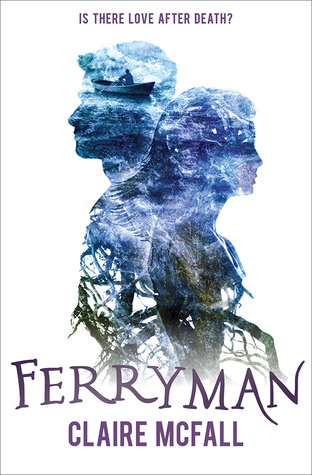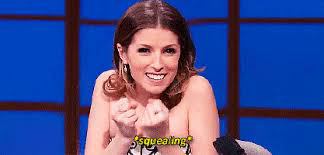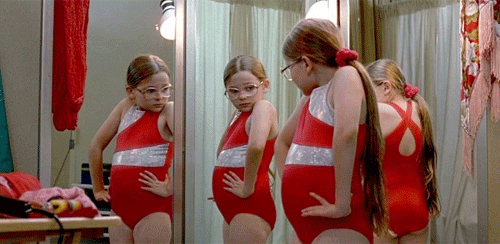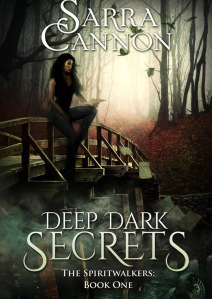I have read rather a lot of Anita Brookner’s novels over the last year or two, and have got to the stage where they are all starting to feel very similar. A lot of her books focus upon single, or troubled, women, who are trying to find their place in the world, as well as yearning to know themselves. I had three of her tomes outstanding on my bookshelf, and chose A Misalliance, which was published in 1986, at random. I read several rather mixed reports of it before I began to read, and the word which stood out most for me was ‘bleak’.
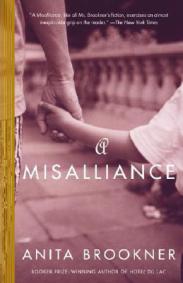 Blanche Vernon, our protagonist, was abandoned by her husband of twenty years in favour of a ‘bubbling yuppie in her twenties’. The childless woman spends her days visiting museums around her home city of London, so as not to feel the loneliness which can hit her when in her flat. The novel opens in the following way: ‘Blanche Vernon occupied her time most usefully in keeping feelings at bay. In this uneasy month of the year – cold April, long chilly evenings – she considered it a matter of honour to be busy and amused until darkness fell and released her from her obligations’. Blanche is very much occupied with saving face, and appearing as cheery as she did when she was married to the outside world. Indeed, from her perspective, her marriage was a very happy one, and she was left shocked when Bertie walked out on her. ‘It was her husband,’ writes Brookner, in rather a tongue in cheek manner, ‘who had fashioned her into the woman she was now, so independent, so dignified, so able to manage on her own.’
Blanche Vernon, our protagonist, was abandoned by her husband of twenty years in favour of a ‘bubbling yuppie in her twenties’. The childless woman spends her days visiting museums around her home city of London, so as not to feel the loneliness which can hit her when in her flat. The novel opens in the following way: ‘Blanche Vernon occupied her time most usefully in keeping feelings at bay. In this uneasy month of the year – cold April, long chilly evenings – she considered it a matter of honour to be busy and amused until darkness fell and released her from her obligations’. Blanche is very much occupied with saving face, and appearing as cheery as she did when she was married to the outside world. Indeed, from her perspective, her marriage was a very happy one, and she was left shocked when Bertie walked out on her. ‘It was her husband,’ writes Brookner, in rather a tongue in cheek manner, ‘who had fashioned her into the woman she was now, so independent, so dignified, so able to manage on her own.’
Indeed, A Misalliance does follow extremely similar tropes to a lot of Brookner’s other works; it is an introspective study of a woman who suddenly has to live alone, and adjust accordingly, through no fault of her own. We learn a lot about Blanche’s thoughts and feelings, and the drawing of her relationship is almost a psychological one when taken together. Blanche struck me as rather a pathetic character; she is incredibly gullible, and seems not to have the faintest inkling of when she is being used, or taken for granted. Brookner’s portrayal of her takes any sympathy away, and she appears as a not very likeable protagonist. The lease of life which she is given is a little unlikely in places, and did not strike me as an overly realistic occurrence in consequence. Thematically, almost all of the Brookner novels which I have read to date – Falling Slowly, Providence, and Family and Friends to name but three – follow this formula; clearly it is one which worked for the author, but it leaves little to the imagination for her readers.
A Misalliance is certainly readable and intelligent, but it does seem a little as though Brookner has recycled characters, both primary and secondary, from her other books, and squashed them all together here. The secondary characters are often far more interesting than Blanche herself, and part of me would have liked to learn more about them, or for the focus to shift between Blanche and one another. This approach would have appeared as relatively refreshing, and I am almost certain that I would have ended up liking the novel a lot more than I did.
Vogue says that the novel ‘has the old-fashioned virtue of being easy to read while remaining bracingly intelligent’, and the Times Literary Supplement that it provides ‘a civilised look at contemporary disorder, and a wonderfully poised and pointed examination of the wrong turning’. I ended up concluding that A Misalliance is a very middle-of-the-road, and sadly almost nondescript, book. Yes, it has virtue, but it is one of Brookner’s weaker and less memorable tomes. If you like Brookner already, then there’s no harm at all in reading this, but if you are new to her work, I would not suggest this as a fruitful starting point to her oeuvre.
Purchase from The Book Depository
Advertisements Share this: